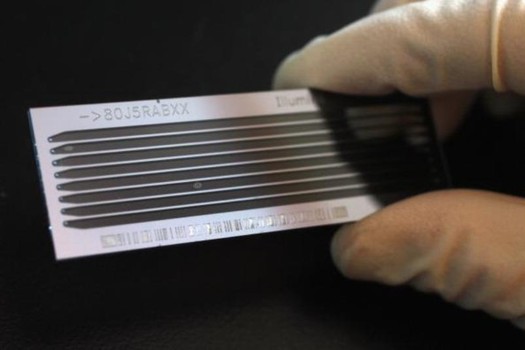Direct-to-consumer genetic testing should never be performed on children and teens to identify their athletic ability or to enhance their sports performance, according to an international panel of 22 experts. Published in the British Journal of Sports Medicine, a consensus statement from the group of specialists in the fields of genomics, exercise, sports performance, disease, injury and anti-doping labeled the scientific evidence behind the tests “far too weak to back their use.”
While there have been rapid advances in the science of genomics over the past decade, the ability to interpret the meaning of genetic test results is still in its early stages. This fact, however, has not stopped a proliferation of companies claiming to be able to predict athlete potential through DNA analysis of a saliva sample or mouth swab.
The scientists looked at 39 companies making such claims about their DNA analysis as “Gives parents and coaches early information on their child’s genetic disposition for success in team or individual speed/power or endurance in sports,” or “Personalize your training based on your sports genetics.” The panelists found the number of companies almost doubled from when they did a similar review in 2013.
Analysis of the companies revealed 54 percent did not indicate which gene sequences and variants they tested. For the remainder, the average number of variants tested was six, but ranged from one to 27.
The scientists found very weak evidence linking DNA to enhanced physical performance. In fact the association was so weak, the panelists said the evidence rendered the predictive value of these tests to “virtually zero.” Findings also showed that several companies used test results to market additional products, including training advice and nutritional supplements of questionable value.
Following their review, the panelists expressed concern about the sensitive nature of genetic information. The speed of change in gene sequencing technology has outpaced regulation or accepted guidelines. While such information should be subject to the highest security and confidentiality, the experts said that it was not known what the testing companies did with the data they collected.
The panelists concluded that at this time the data supporting the effectiveness of genetic testing to predict sports ability is very limited. “Consequently, in the current state of knowledge,” said the panelists in a news release, “no child or young athlete should be exposed to [direct-to-consumer] genetic testing to define or alter training or for talent identification aimed at selecting gifted children or adolescents.”








